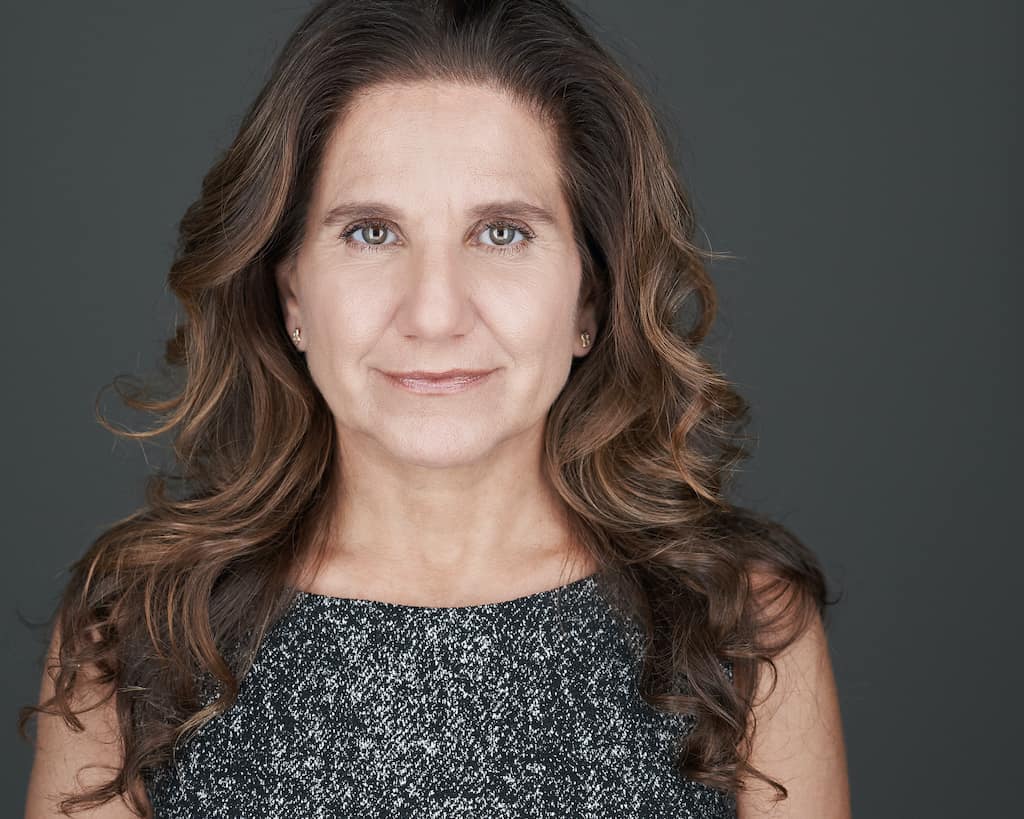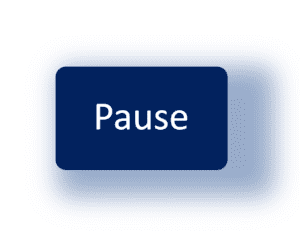
April 26, 2022
How Practicing Mindfulness Benefits Financial Advisors and Their Clients?

Mary Martin
Mindfulness Educator | Author | Speaker

When I tell people I created a mindfulness course for financial advisors that meets for 8 weeks and includes a 3.5-hour silent mini-retreat, I get all kinds of strange looks. What exactly do I mean by mindfulness and how does it benefit financial advisors?
Here are the most Frequently Asked Questions about the topic, including practice you can start using today.
Q: What is mindfulness?
Awareness of what’s occurring in your mind and body, from moment to moment.
Q: Why on Earth is that important?
Ironically, in mindfulness, we don’t ask why questions. Instead, we ask ‘what’ questions, as in, what are you feeling in your body right now and what thoughts are present? We do this to get into the habit of doing it. What’s happening here is we’re creating a brain that’s more likely to pause and ask what’s going on with me right now and what is the most skilful thing to do at this moment? This is neuroplasticity in action; we’re changing our brains as we change our habits.

Everything you think and do either strengthens pathways in your brain for doing and thinking what you’ve always done or it creates new pathways, thereby opening the possibility for a new way of handling what life throws at you. Life throws all kinds of stressors at all of us, such as family matters, financial matters, illness, and world events such as pandemics and wars thousands of miles away. Stressors also include emotions that happen when you’re with clients, as well as the thoughts and feelings you have when your clients are stressed or emotional.
Q: What are these “new ways of handling what life throws at you?”
Here’s one that you can do right now.

If you’re doing anything else while reading this, first of all, notice what you’re doing. Maybe you have another tab open, maybe you’re supposed to be listening to someone, and if that’s the case, maybe you should be listening. Either you’re listening or reading, but what we know about attention is that we humans cannot multitask successfully. Sure, we can do two things at once, but what we’re really doing is switching back and forth between them, and there’s a cost for doing that. The cost is we don’t do either thing well; they both suffer.
Next, notice your body. What’s your posture like? Are you tapping your foot or hand, or are you sitting in a way that’s uncomfortable now that you’re bringing attention to it? Is there tightness or tension in your body? Is your jaw clenched? Furthermore, what’s your breath like? Are you breathing through your nose, from your belly? Is your breath deep or shallow?
Let’s move inside your body now. Are you hungry? Do you have indigestion? Are you having an emotion? Are you annoyed just reading this? Have you been thinking about something while reading this? Have you read it or were you skimming it while thinking about something else? Do you even know?
Do you see how many things you can notice about your experience that just as easily could go unnoticed? After you’ve scanned your experience, make a mental note of what you found and see if you can settle your body in a comfortable posture that’s upright but not uptight. Take three deep, slow breaths through your nose, from your belly, like this:
- Notice as your belly rises for a count of 4. Maybe put a hand on your belly to feel it rise.
- Linger at the top of the inhale for a count of 2
- Exhale slowly for a count of 8. Let the air out little by little.
- Wait for a count of 2 before you inhale again.
- Repeat.
- Again.
Pausing throughout the day to scan your experience, notice what’s present, and settle and calm yourself is crucial to your self well-being as well as your ability to connect with your clients. This kind of settling regulates your nervous system and its precious vagus nerve (which is related to our ability to connect with and help each other) and it positions you to be able to be a stabilizing, grounding presence for your clients.
Q: What happens if I don’t do this?
The downside to not being aware of what your body is doing, what emotions and stress you’re experiencing, and what thoughts are present for you is that any one of these things can negatively affect your ability to be present for your clients. You won’t even know how you’re behaving or what you might look like to your clients. That’s not a position of strength. Awareness breeds confidence, clarity, and inner strength.
Mindfulness is a series of awareness practices that help you focus and emotionally regulate, and they also help you become a person who’s available as a calming, clarifying force in the lives of your clients.

Yes. A much thoughtful article. WE need to be conscious about the fact to be mindful!
Thanks for the thought provocative article!!